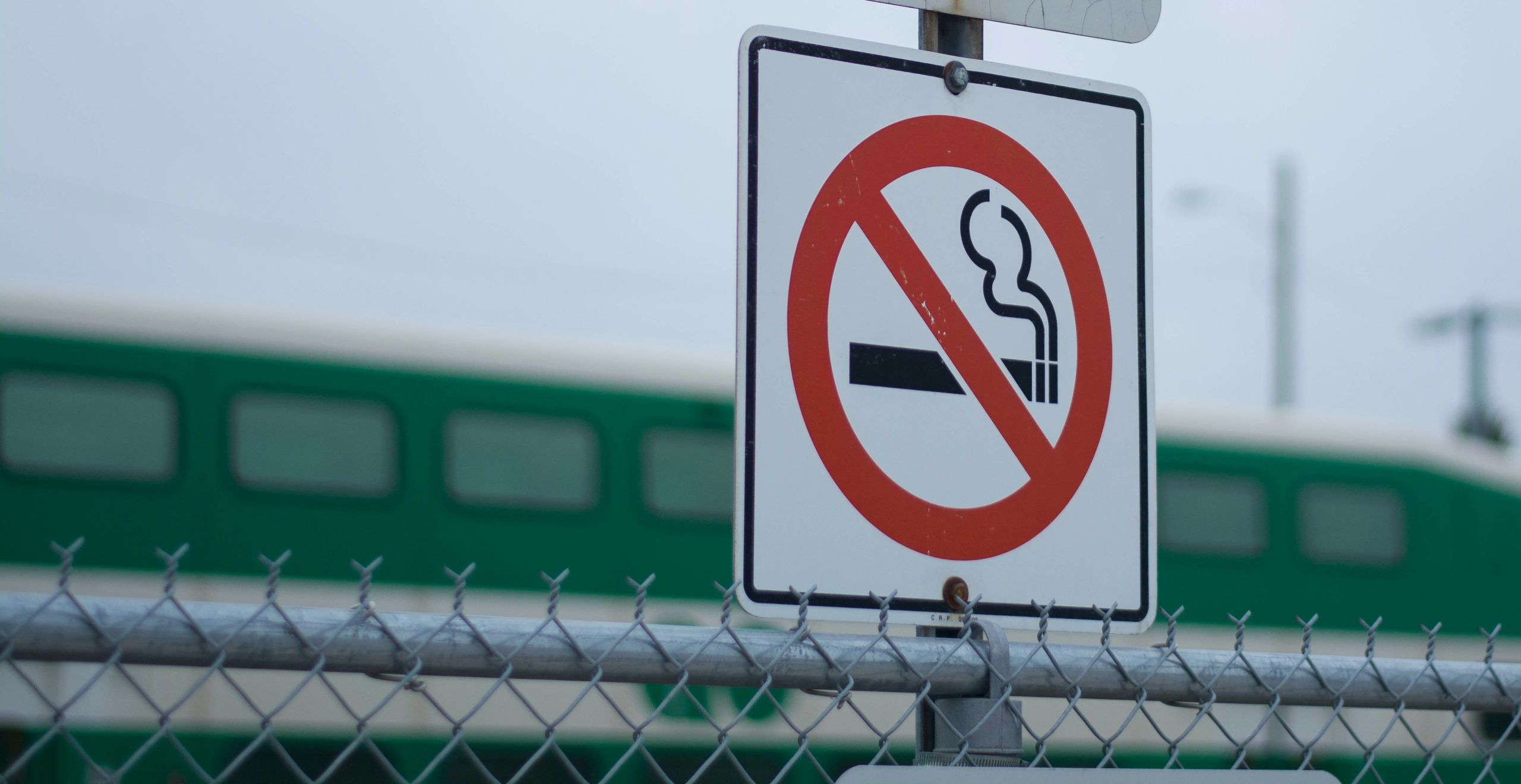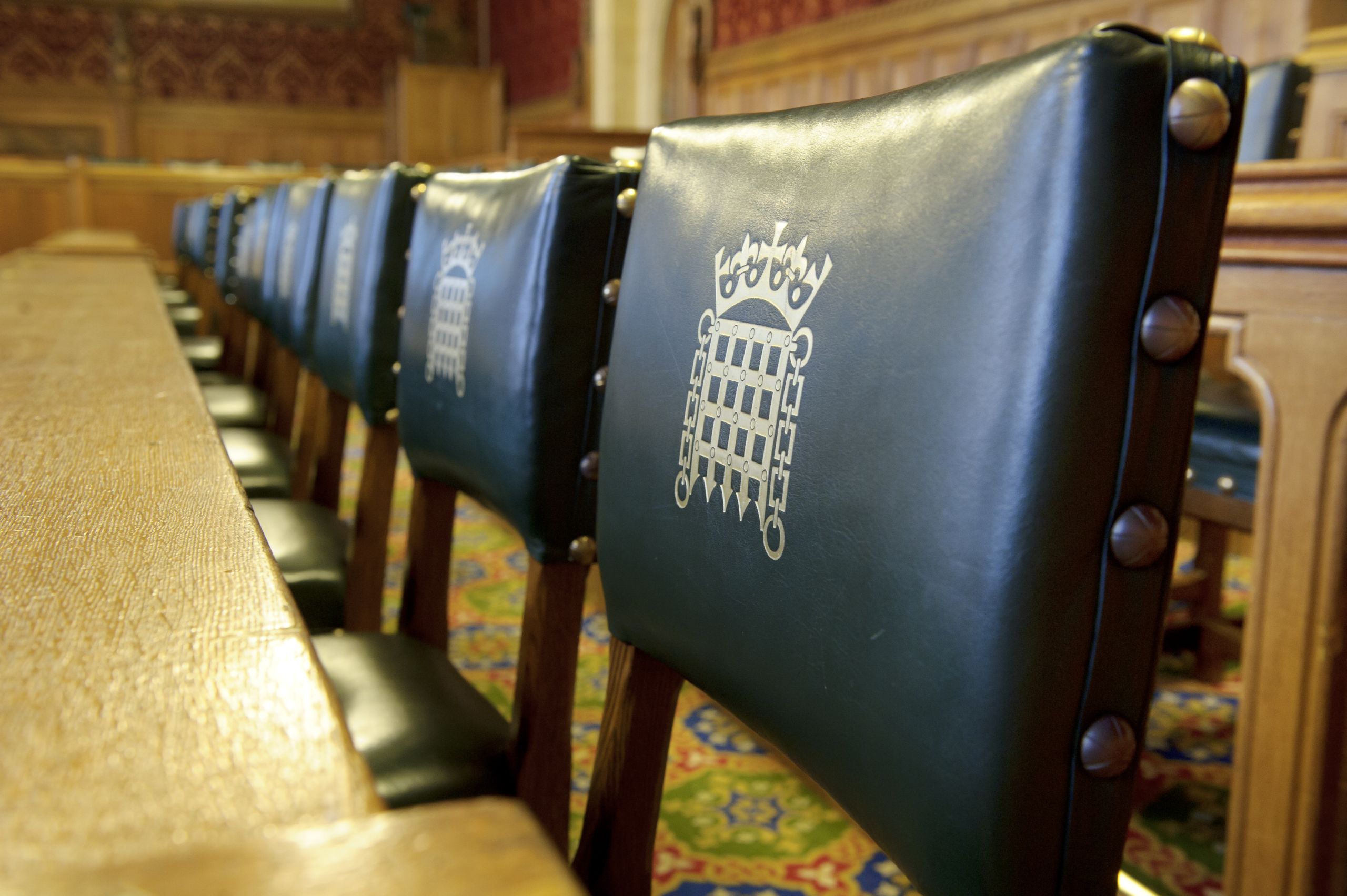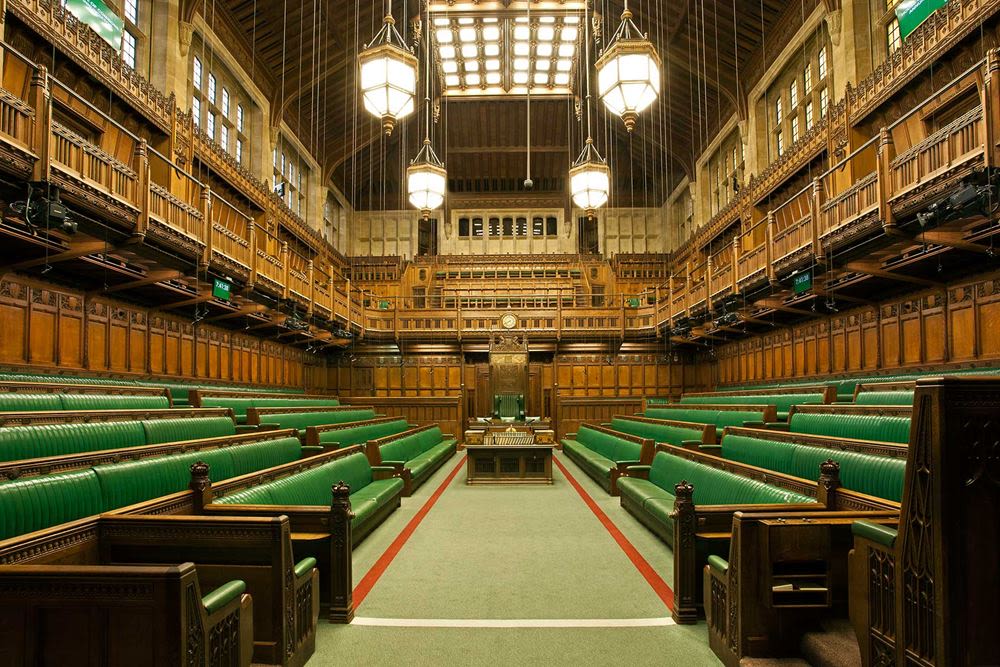Reduced-risk smoking products and proposals for a smoke-free society by 2030
Westminster Hall debate - 23 March 2021

"As an honorary life fellow of Cancer Research UK, like many, I remain deeply concerned by the serious and harmful effects caused by smoking to the 7 million people in the UK who continue to smoke, as well as to society as a whole.
"While, encouragingly, the number of people smoking is in decline, we must acknowledge that, unfortunately, it will not be possible for every smoker to quit.
"Therefore, as the Government prepares its Tobacco Control Plan, and works toward its target of a smoke-free society by 2030, we must grasp the opportunities presented by our withdrawal from the EU and implement a smarter, more versatile strategy to reduce smoking.
"Rather than focussing solely on the elimination of cigarette smoking – as important as, of course, this is – we should implement a new regulatory framework that not only creates further barriers to cigarette smoking, but which also encourages smokers to transition to less harmful non-combustible alternatives.
"This means a concerted campaign to highlight the benefits of e-cigarettes, the removal of unhelpful EU regulations, a more comprehensive regulatory framework that recognises the importance of products such as nicotine pouches and heated tobacco, and, importantly, the will to champion such an approach internationally as an independent member of the World Health Organisation.
"Ultimately, we must give smokers the best possible chance of moving away from cigarettes and all but eliminating the use of harmful combustible products by 2030."

On Tuesday 23 March, Mr David Jones MP led a Westminster Hall debate on reduced-risk smoking products and proposals for a smoke-free society by 2030.
Several other MPs contributed to the debate, and it was responded to by Jo Churchill MP - Parliamentary Under-Secretary of State for Health and Social Care.
Relevant parliamentary material
House of Commons Library research briefings
- Effect of the covid-19 outbreak and the abolition of Public Health England on achieving a smokefree England by 2030 (11 November 2020)
- Statistics on Smoking (21 August 2020)
- Prohibition of tobacco displays (7 January 2020)
Other debates
- Adjournment debate: WHO Framework Convention on Tobacco Control (5 March 2020)
- Backbench Business Committee debate: Smokefree England: Covid-19 and PHE Abolition (12 November 2020).
Written questions
- Lee Anderson MP, Smoking (6 January 2021)
- Sir Charles Walker MP, Tobacco (5 March 2021)
- Carla Lockhart MP, Tobacco: Packaging (5 February 2020)
- Mr Barry Sheerman MP, Electronic Cigarettes (21 February 2020)
Government resources
- Government consultation: Tobacco and Related Products Regulations 2016 and the Standardised Packaging of Tobacco Products Regulations 2015
- NHS: Quit smoking
See the following pages for information on healthcare provision in:
Further information

What is a Westminster Hall debate?
Westminster Hall debates give MPs an opportunity to raise local or national issues and receive a response from a government minister.
The debates would normally take place in the Grand Committee Room – just off Parliament’s historic Westminster Hall - but have been temporarily suspended due to Coronavirus restrictions since 14 January. Following innovative efforts from House of Commons staff they can now take place in the more modern Boothroyd Room in Portcullis House.
The temporary move will allow up to 20 MPs to participate in any one debate physically and virtually combined. See our news story for further information: Westminster Hall debates: MPs to participate virtually and in person.
What is Hansard?
Hansard is a “substantially verbatim” report of what is said in Parliament. Members’ words are recorded, and then edited to remove repetitions and obvious mistakes, albeit without taking away from the meaning of what is said. Hansard also reports decisions taken during a sitting and records how Members voted to reach those decisions in Divisions.
You can read the transcript of this debate: Hansard: 23 March 2021, or search Hansard for topics which interest you.
What are written questions?
Written questions allow MPs and Members of the House of Lords to ask government ministers for information on the work, policy and activities of government departments. Government Ministers may make oral or written statements to Parliament.
You can search for written questions, answers and government statements on topics which interest you.
Get involved
Other debates, online tours, education resources and more

Upcoming debates
You can see upcoming debates and other parliamentary business on our What's on page.
You can watch all debates on parliamentlive.tv.
Contact your MP
When you or people living in your area are affected by decisions made by the UK Parliament or by the Government, you can contact your MP. MPs represent all the people in their local area, whether they vote for them or not.
Your UK Parliament newsletter
Sign up for a regular newsletter packed with the latest info on free activities online and around the UK to help you get involved and make a difference.
Visit Parliament
Parliament is currently closed to visitors due to the Covid-19 pandemic, but you can still attend a free tour or a talk virtually – visit our online talks and events page for more information.
Education resources
Visit our learning pages for award-winning free education services for schools, colleges, communities and home educators.
Feedback
This exercise is run by Parliament's Digital Engagement team. Please complete our two-question survey about this engagement activity.